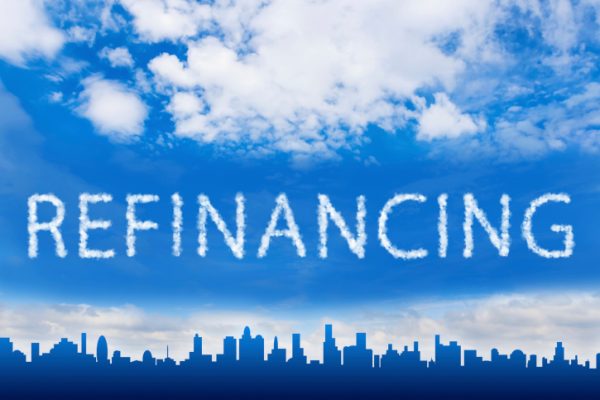No Obligation and transparency 24/7. Instantly compare live rates and costs from our network of lenders across the country. Real-time accurate rates and closing costs for a variety of loan programs custom to your specific situation.

Refinancing your home mortgage can be beneficial for you for a number of reasons. As a homeowner, you may have spoken with some of your friends and neighbors who have already refinanced, and you may have heard about some of the different benefits associated with refinancing your mortgage. For example, refinancing can result in a lower mortgage payment, the ability to pay your mortgage off more quickly, reduced interest charges and other benefits. If you have never gone through this process yourself, however, you may not know what to expect with the refinancing process.
The actual benefits that you would receive by refinancing will be unique to your situation. Refinancing is a process that results in replacing your existing mortgage with a new mortgage. This will establish your home financing with a new interest rate, a new term and a different mortgage payment. In some cases, the new loan amount that you qualify for will be higher than the amount that you owe, and you may be able to obtain cash out of the refinancing process because of this. One of the best ways to determine what the specific benefits are for refinancing your mortgage is to speak with a mortgage professional directly.
Refinancing a home mortgage is very similar to applying for the original home mortgage when you purchased the home. However, additional information will be requested regarding your current mortgage, and some information may also be requested about the original purchase. You generally will need to provide tax returns, bank statements and other related financial information to complete the process.
However, initially, you may only be required to fill out a loan application and to agree to have your credit report pulled. This initial step will help a mortgage professional to determine if you may qualify for a refinance mortgage and what the estimated loan terms may be. Generally, this process can be completed quickly.
When you close on your refinance mortgage, the closing will typically take place in a title agency or another similar venue. The title or escrow agent will facilitate the process of using the funds from the new mortgage to pay off the balance on the existing mortgage and to complete any other required steps on your behalf. While there are some steps that need to be taken for you to refinance your mortgage, the process is typically rather easy when you work with the right mortgage professional. You can request more information about refinancing your mortgage when you speak with a loan specialist.


Whether you’re buying a home or ready to refinance, our professionals can help.
{hours_open} - {hours_closed} Pacific
No Obligation and transparency 24/7. Instantly compare live rates and costs from our network of lenders across the country. Real-time accurate rates and closing costs for a variety of loan programs custom to your specific situation.